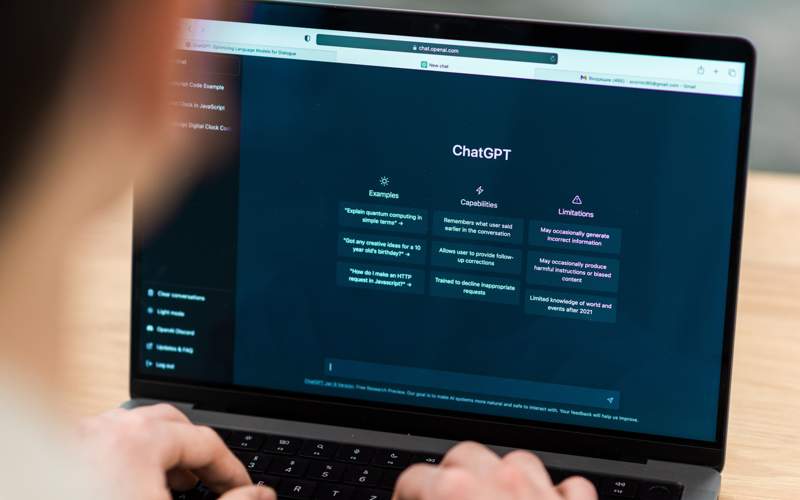Chatbot or confidant? Study uncovers surprising insights into ChatGPT’s effect on users
For some, ChatGPT is just a tool, but for others, it’s a friend. Researchers from OpenAI and MIT Media Lab found that emotional engagement with ChatGPT is rare, but for a small subset of users, AI plays a surprisingly personal role, Kazinform News Agency reports.

Their study explores how interactions with ChatGPT affect users' emotional well-being, focusing on emotional engagement, socialization, and AI dependence.
Researchers conducted an automated analysis of nearly 40 million ChatGPT interactions and paired it with a four-week randomized controlled trial (RCT) involving 1,000 participants. The study aimed to determine whether ChatGPT usage had a measurable effect on emotional engagement and if certain patterns of use were linked to changes in socialization and emotional dependence.
The findings indicate that emotional engagement with ChatGPT is rare, with most interactions lacking affective cues like empathy or emotional support. Even among heavy users, only a small subset exhibited emotionally expressive interactions, as OpenAI notes, “This subset of heavy users was also significantly more likely to agree with statements such as, ‘I consider ChatGPT to be a friend.’ Because this affective use is concentrated in a small subpopulation of users, studying its impact is particularly challenging as it may not be noticeable when averaging overall platform trends.”
Voice mode had mixed effects on well-being: brief use was beneficial, but prolonged daily use led to negative outcomes. The findings also highlight that “personal conversations—which included more emotional expression from both the user and model compared to non-personal conversations—were associated with higher levels of loneliness but lower emotional dependence and problematic use at moderate usage levels. In contrast, non-personal conversations tended to increase emotional dependence, especially with heavy usage.”

The company notes that user outcomes were influenced by individual emotional needs, perceptions of AI, and usage duration.
“People who had a stronger tendency for attachment in relationships and those who viewed the AI as a friend that could fit in their personal life were more likely to experience negative effects from chatbot use. Extended daily use was also associated with worse outcomes. These correlations, while not causal, provide important directions for future research on user well-being,” the statement reads.
A surprising discovery was the complex relationship between ChatGPT usage and socialization. Users with poor socialization at the start of the study tended to use ChatGPT more frequently. While longer usage duration correlated with worsening socialization, individuals with initially poor socialization saw some improvement by the end of the study.
“The statistical analysis of our RCT data also shows that, when controlling for usage time, users of both voice modalities tended to have improved emotional well-being at the end of the study compared to users of the text modality,” the study says, adding “However, longer usage was associated with worse emotional well-being outcomes in the neutral voice modality, and users who started with worse emotional well-being tended to have improved outcomes at the end of the study when using the engaging voice modality. Taken together, this paints a complex picture of the impact of voice models on user behavior and well-being, one complicated by each user's predispositions and baseline emotional state.”
Earier, it was reported that Apple has released new features Wednesday in beta for developers, including its much-anticipated ChatGPT integration.
